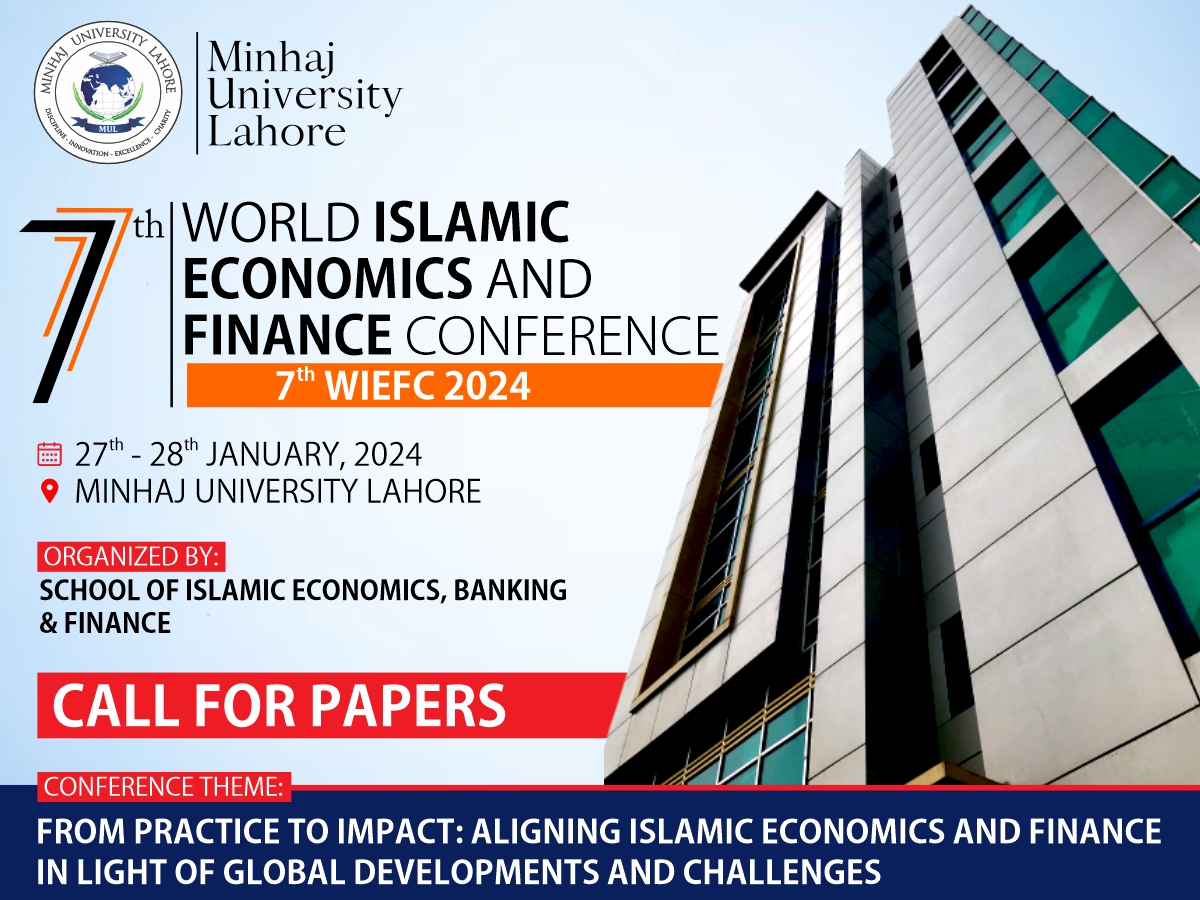
While Islamic finance has grown rapidly in recent years, critics argue that it has yet to prove its impact in addressing poverty, inequality, and other socio-economic challenges. In particular, there are concerns about the limited accessibility of Islamic finance to the poor and marginalized and the lack of standardization and innovation in the industry. One of the key challenges facing Islamic economics and finance is its ability to address global challenges, such as climate change, poverty, and economic inequality. While Islamic finance is based on principles of social justice and environmental stewardship, there is a need for greater emphasis on these issues in the industry's operations and investment strategies. In recent years, there has been a growing interest in Islamic finance as a tool for promoting sustainable development and social impact. Islamic social finance instruments such as zakat and waqf are crucial to support social and humanitarian causes.
In view of the above agenda, Minhaj University Lahore is going to organize 7th international conference on Islamic economics and finance with the theme of ‘From Practice to Impact: Aligning Islamic Economics and Finance in Light of Global Developments and Challenges’.
Notwithstanding the continuous discussion and conversation that are currently taking place among academicians, this conference aims to address a specific issue related to the future road map of Islamic economics and finance. In particular, the conference will address questions and topics such as:
Sub-Themes
1. Socio-Economic Impact and Role of Islamic Finance Industry
2. Future of Islamic Financial Industry Post the Riba Judgement
3. Role of Islamic Finance for Entrepreneurship and MSMEs
4. Prospects and Challenges in light of Global and Geo-political settings
5. CBDCs and Islamic Finance
6. Generative A1, Bots and Islamic Finance
7. Challenges and solutions for Halal Industry
8. Shariah Governance, Audit and Ethics in Islamic Finance
9. Developments of Islamic Fintech and Its Future
10. Islamic Capital Market: Resilience and Growth
Note: Selected Papers will be published in Following Journals
• International Journal of Ethics & Systems (Q1, Scopus)
• Journal of Statistical Theory and Applications (Q4, Scopus)
• International Journal of Islamic Economics & Governance, IJIEG (Peer Reviewed)
• Journal of King Abdul Aziz University-Islamic Economics (Scopus, Q4, HEC Y)
SUBMISSION FORMAT / TEMPLATE
Download HERE
REGISTRATION AND SUBMISSION
Please ensure your submission meets the WIEFC 2024 strict guidelines for accepting scholarly Papers. Submit your abstracts and full papers online.
Participant/Presenter Registration
Online Paper Submission
For Further Details:
Mr. Qasim Ali Shah
+92 310 2284477
qasim.dyreg@mul.edu.pk
Mufti Umar Farooq Shah
+92 303 4832503
umar.siebf@mul.edu.pk